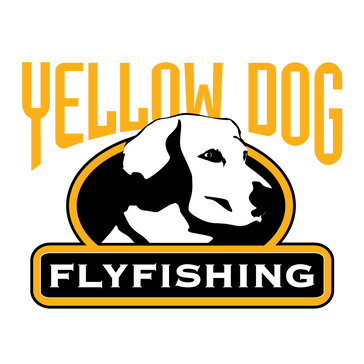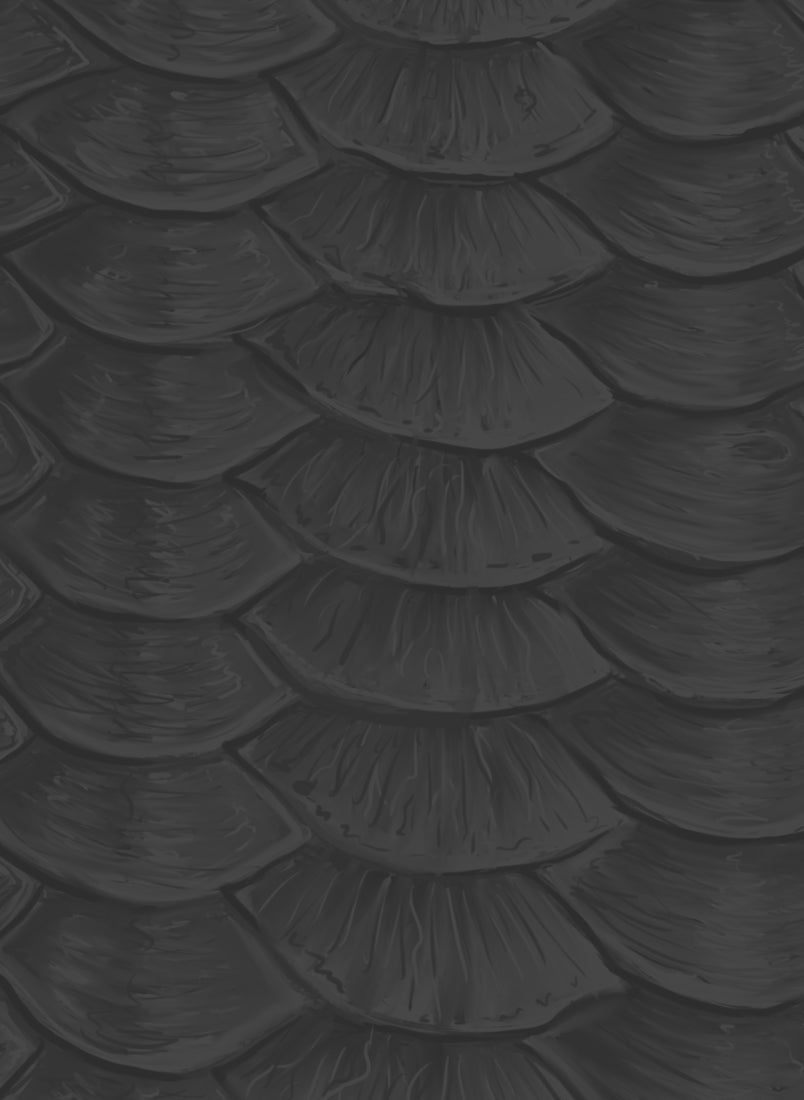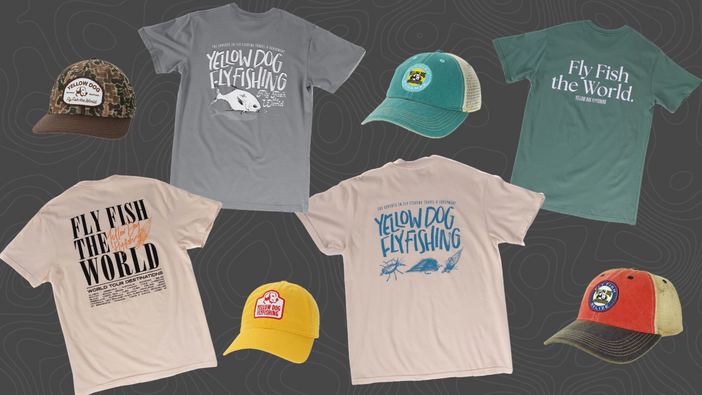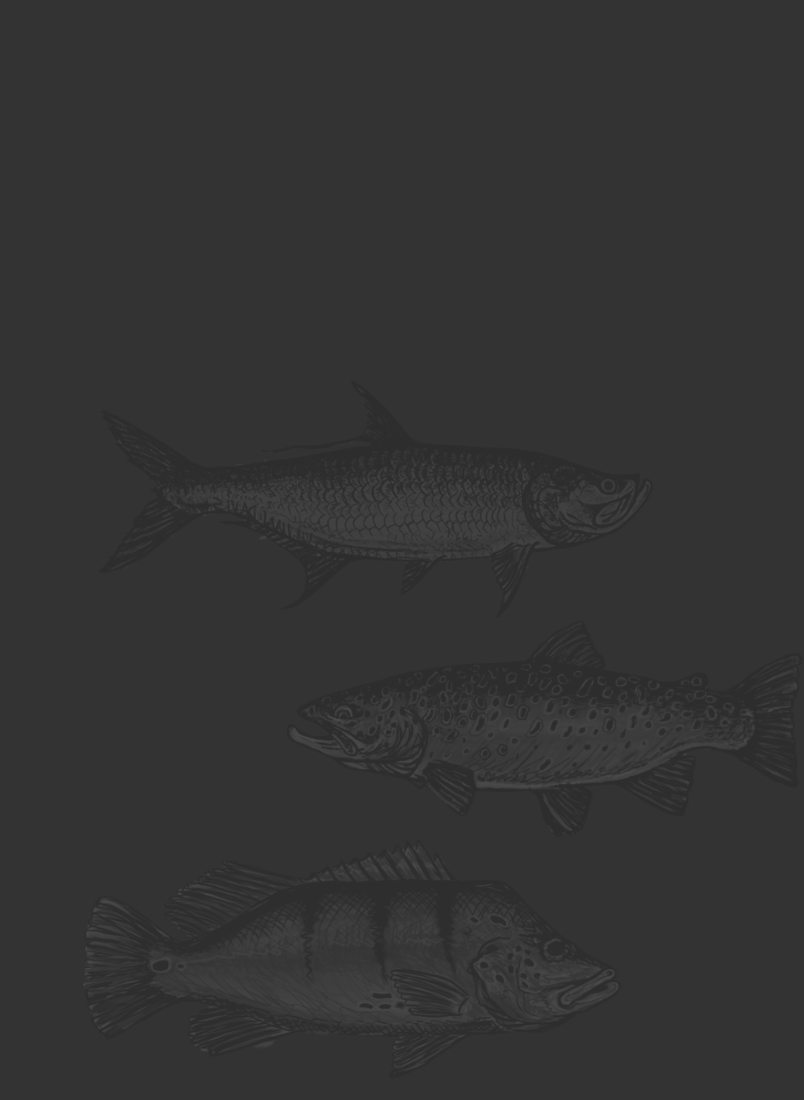Yellow Dog considers Chile one of the finest destinations in the world for fly fishing for trout. Few places offer the perfect blend of beautiful landscapes, cultural experiences, and stellar fishing, but Chile excels at all of the above. Home to some of the least pressured stretches of water in the world, anglers are granted a peak into the past--where large stretches of Chilean National Parks and Reserves have protected vast swaths of territory from encroachment or development.
+ Listen to this WAYPOINTS Podcast: Jack Porter - Argentina and Chile: How to Choose the Best Options for a South America Fishing Trip
With so many offerings and an astonishing range of fishable water, we have divided Chile into three territories to ensure Yellow Dog can plan the perfect destination trip for you.
Northern Patagonia, Chile Fly Fishing
Region Facts: The Los Lagos Region
Target Species: Rainbow and brown trout, with occasional salmon and sea-run brown trout
Season: December – March
Major Fisheries: Yelcho, Futaleufu, Palena, Rosselot, Figueroa
Non-Angling Area Activities: Hiking, horseback riding, hot springs
Closest Major Air Hubs: Puerto Montt (PMC)
The southern half of the Los Lagos Region and a small section of the northern Aysen region define the non-political boundaries of what is commonly considered northern Chilean Patagonia. Anglers have been fishing in this area of Chile for decades. It is home to rivers, creeks, and fjords harboring rainbow and brown trout and occasional salmon and sea-run brown trout.
Heading south from Los Lagos’ capital city of Puerto Montt, the connected mainland quickly transforms from forested and fertile agricultural lowlands dotted by broad snowcapped volcanoes to rugged, untouched, mountainous wilderness tracts. This wilderness is further disjointed by blue-green fjords, steep glacially-carved valleys, and thick and temperate rainforest swaths.
This region has a coastal environment dominated by cool temperatures and frequent precipitation, similar to that found in Southeast Alaska and the Pacific Northwest. Yellow Dog offers an in-depth guide to the fishing seasons in Patagonia so you are best prepared for your trip.
The area’s infrastructure has greatly improved over the last decade, yet most fishing destinations in northern Patagonia are still fairly remote and hard to reach by road from Puerto Montt. To access the best fishing lodges in this area, travelers typically fly to Puerto Montt, overnight in the nearby town of Puerto Varas, then take a short charter flight the following morning to either Chaiten or La Junta. Once on the ground, guests have relatively short drive times to the lodges and area rivers.
The lodges and outfitters in the area utilize a combination of 4×4 trucks, Alaskan-style jets boats, lake boats, and rafts to access the area’s broad spectrum of remote and untouched waters. These waters include large lakes, powerful rivers, small mountain streams, and area spring creeks. Although there are some good opportunities to wade fish in small waters, the area’s waters are often most productively fished from the boat. We consider Martin Pescador in this region to be one of the most unique float destinations in all of Patagonia.
Anglers typically find good trout fishing in eddies and foam lines with dry flies, fishing dragonflies on the lakes, and stripping streamers on big rivers. Consistent dry fly attractor fishing is the name of the game on the majority of the area’s crystal-clear waters. Many of these fish have never seen a fly, so big dry fly patterns on heavier tippets can be extremely productive.

Over the course of a trip, anglers can expect to catch good numbers of strong, wild brown and rainbow trout in the 12 to 20-inch range, with plenty of shots at fish exceeding 20-inches.
Although this region of northern Patagonia is primarily a fishing-focused destination, various non-angling activities, including hiking, glacier viewing, horseback riding, and visits to local hot springs, can be arranged. For anglers looking to travel to Patagonia with a companion, check out our recommendations for the best lodges in Patagonia for couples.
The Los Logos Region of northern Patagonia offers exciting fishing experiences that are perfectly suited for guests who enjoy boat and float fishing opportunities set amidst a dramatic backdrop of rugged and unspoiled mountainous terrain.
Central Patagonia, Chile Fly Fishing
Region Facts: Aysen Region
Target Species: Rainbow, brown, and brook trout
Season: November – April
Major Fisheries: Simpson, La Paloma, Mañihuales, Aysen, Megote, Emperador Guillermo, Nirehuao
Non-Angling Area Activities: Condor viewing, hiking, mountain biking
Closest Major Air Hubs: Balmaceda (BBA)
With remarkable geographic diversity, stunning scenery, and many fishable waters, Central Patagonia, Chile, also known as the Aysen region, is a veritable trout angler’s paradise. Home to the Simpson, La Paloma, Mañihuales, Aysen Rivers, and many small rivers, creeks, lakes, and spring creeks, this area’s fishing is as diverse as the lodges and outfitters we offer here.
The Aysen region is widely considered Chile’s epicenter of fly fishing. Overall the area is marked by glacier-studded mountains, lush coastal forests, and vast dry grasslands that lend themselves to a highly variable climate ranging from cool and wet to warm and dry environments. Draining this spectacular photography is a variety of trout-filled waters that can be fished from a boat or raft or while walking and wading.

At its hub, the small capital city of Cohaique provides a good infrastructure to easily access several well-established full-service fly fishing lodges and the region’s wide variety of both private and public waters. Yellow Dog represents a few lodges in this region, all with incredible standards regarding accommodations and fishing. They include:
- Magic Waters Lodge
- Estancia De Los Rios
- Patagonia Baker Lodge
- Patagonian BaseCamp Lodge
- Cinco Rios / Estancia del Zorro
- River of Dreams Basecamp
The rivers, streams, and lakes in the Aysen region offer excellent dry fly fishing opportunities throughout the peak summer months (January-February) as well as great streamer fishing in the Spring (November-December) and Fall (March-April) seasons.
With such a collection of different fishing scenarios, anglers can find themselves floating on a large freestone river in a temperate rainforest similar to those in the Pacific Northwest. The next day, wade a tranquil spring creek reminiscent of those commonly found in the American West.
Aside from wonderful fishing opportunities, the region has some amazing activities for outdoor enthusiasts, including hiking in the Cerro Castillo National Reserve, boat tours to Lake General Carrera to view the Marble Caves, and condor viewing in the Valley of the Moon. For anglers traveling with family or a companion, the Coyhaique region offers some of the best non-angling activities in Patagonia.
Regardless of skill level, the Aysen region is a perfect destination for anglers seeking a well-balanced Patagonian experience that blends straightforward travel and breathtaking scenery with world-class trout fishing and outdoor activity options.
Southern Patagonia, Chile Fly Fishing
Region Facts: The Magallanes Region
Target Species: Rainbow, brown, and brook trout, occasional sea-run brown trout
Season: December – March
Major Fisheries: Rio Penitente, Rio Serrano, and various unnamed small rivers and spring creeks
Non-Angling Area Activities: Hiking, trekking, and glacier tours in Torres del Paine National Park and on Navarino Island
Closest Major Air Hubs: Punta Arenas (PUQ)
The Magallanes Region is an isolated, rugged, and weather-battered area at the southernmost tip of Chile. It is a remote and roadless area that is cut off from the rest of the country by formidable mountains, massive glacial icefields, and a labyrinth of coastal fjords. The only way to access this area from the rest of Chile is by air or sea or via a very long overland drive on a road that runs through Argentine Patagonia.
Historically, the main attractions to this region have been tours to view the spectacular granite spires of Torres del Paine National Park or trips to the small settlement of Puerto Williams – a popular stepping-off point for cruises to Antarctica.
Until recent years, this southernmost area of Patagonia has largely remained unfished and overlooked as a legitimate angling destination – especially when compared to other areas of Chile. With the help of improved infrastructure and new means of accessing the region’s remote fisheries, we now have several guides and outfitters that are leading trips and offering access to this wade fishing paradise.

Having invested years of exploration, they’ve discovered an incredible array of small rivers, remote spring creeks, and fishable lakes populated with brown, brook, and rainbow trout. In some cases, they’ve also been able to locate isolated and seasonal runs of sea-run brown trout.
The fish in the area are completely unpressured and almost always willing to eat large dry fly attractors or streamer patterns. Most fish average 14 to 18-inches, with many reaching more than 22 inches in size.
Whether you’re looking for an adventurous week of fishing untapped trout waters or wanting to split time between fishing and exploring the area’s rugged wilderness, planning a visit to the Magallanes Region might be the trip for you.
Recommended Gear For Patagonia, Chile:
Anglers should bring a couple of rods:
To best prepare for each fishing scenario, Yellow Dog recommends bringing leaders and tippet in the 0x-5x range.
Attractor dry fly patterns are incredibly effective here, in addition to several common dry flies:
- Fat Albert (6-10)
- Chubby Chernobyl (4-8)
- Foam Ants (14-16)
- Foam Beetles (16)
- Dragonfly and Mouse Patterns
- Various caddis and mayfly dry fly imitations such as Parachute Adams and Parachute Spinners.
Natural-colored streamers in the #2-6 range are an angler's best option. A few patterns may include:
- Bow River Buggers (4, 6)
- Conehead Buggers (2-6)
- Kelly Galloup Streamers (2-6)
- Sculpzilla (4-8)
- McKnight's Home Invader (4, 6)
Nymphs:
Typically fished beneath an attractor dry fly pattern, a few common nymph patterns work well here:
- Pat's Rubber Legs (4-8)
- Beadhead Pheasant Tail (12-18)
- Beadhead Prince (10-14)
- Assorted Midge Patterns (16-18)
Fly selection for this area changes based on location, time of day, bug activity, and guide preference! These recommendations are a loose guideline for filling up your box, but Yellow Dog and your Lodge guide are happy to provide more in-depth details.

In addition to fishing gear, anglers should prepare for Patagonia's somewhat unpredictable climate. A sunny, warm day may quickly transition to windy and cold, so anglers should prepare accordingly. Layers are key for staying comfortable in changing conditions and keeping you on the water.
A rain jacket is a must for this region so that anglers can keep fishing after a passing shower. Anglers should bring high-quality, breathable chest waders and *clean* felt-sole boots for most trips to Patagonia. "Spiked" boots are allowed in some locations, but only in wading scenarios.
Remember, most lodge operations that work with Yellow Dog can provide anglers with flies, fishing gear, and waders if needed. When booking your trip, anglers can discuss options with a member of our team or utilize our in-depth pre-trip guides.
Chile can offer it all depending on your wants, desires, and sense of adventure. One of the most well-preserved and untouched trout fisheries on planet earth, this location has the potential to provide anglers with the best freshwater fishing of their life. With Yellow Dog, traveling to one of our Chilean programs is seamless as we remove the burden of planning a destination trip at no extra charge to you. Give us a call today to discuss which Patagonian program is the right fit for you!
Get Prepared For Your Next Chile Trip
+ Shop Our Chile Equipment List
Related Articles:





























